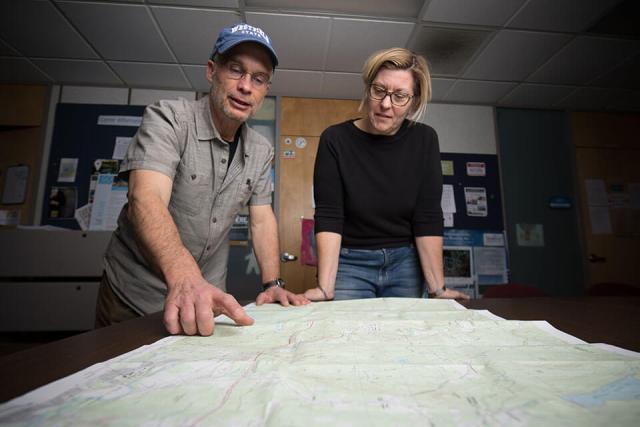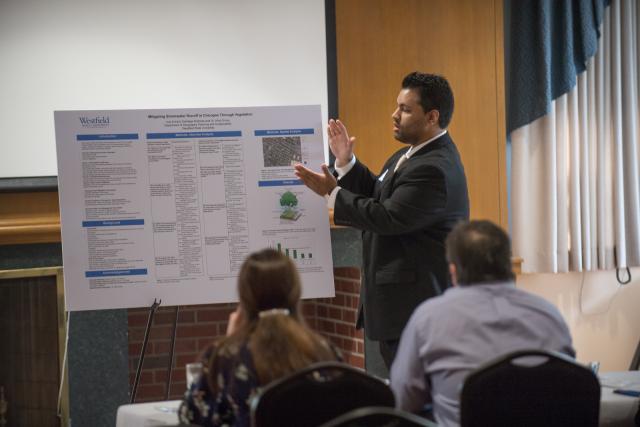
The Department of Geography, Planning, and Sustainability (GPS) at Westfield State University offers a minor in Urban and Regional Planning, designed for students across all majors, except those already majoring in Urban and Regional Planning. This minor equips students with essential knowledge and skills to navigate the complexities of community development and enhancement, focusing on the planning, policy-making, design, and social actions necessary for transforming cities and regions. While it cannot encompass the entirety of regional planning, this program serves as a valuable complement to various degree paths.
To earn the minor, students must complete a total of 18 credits, including foundational courses such as "Introduction to Community Planning" and "Environment, Sustainability, and Society," along with core and specialization courses that explore topics like land use, environmental impact, and sustainable transportation. Additionally, students can choose electives that align with their interests, with opportunities to substitute some courses with upper-level classes from other departments upon approval. For more details, students are encouraged to reach out to the GPS Chair.

